Diagnostics
East Sussex MSK Community Partnership (ESMSK) works in partnership with several organisations who support us in the delivery of diagnostic services (XR, MRI, US etc). They will be in touch with you to arrange a convenient time, date and location for your investigation. Once your investigation is complete, we will be back in touch in due course to continue your care. See ‘What happens next’, below.
What Happens Next?
After your scan, a specialised doctor called a radiologist will carefully review your images and create a written report on their findings. This report will be sent to your referring clinician.
This process may take some time, depending on demand. Once we receive your report at ESMSK, we’ll add you to a follow-up waiting list. If there’s anything concerning in your report, we’ll make it a priority to get in touch. If we have not contacted you, there is no need to contact us, we will be in touch in due course to offer you an appointment. We’ll aim to schedule you back in with your clinician, providing an opportunity for a clinical discussion about the contents of the report.
To learn more about our diagnostic providers, or to explore additional resources and services that may benefit you while you wait, check out the links below.
Types of Diagnostics
Computerised Tomography or CT is a special type of X-ray which differs from standard X-rays.
It uses X-rays and a computer to create detailed images of the inside of the body. The images or pictures produced are cross-sections, like ‘thin slices’ of the body. CT is excellent in showing soft tissue, air, fluid, bone, vessels and all other internal structures of the body, allowing your doctor to identify any problems.
A Bone Densitometry scan is also known as a DXA or DEXA (dual-energy x-ray absorptiometry) scan. It uses x-ray equipment and a computer to measure your bone density.
MRI (Magnetic Resonance Imaging) provides detailed images of the organs and soft tissue in the body. Using magnetics and radio waves, an MRI scan produces high quality two- and three-dimensional images of the inside of the body. It is suitable and widely used to view organs, muscles, tendons, ligaments, soft tissues and bones.
A Nerve Conduction Study, or NCS, involves sensors being applied to the skin, or a fine needle inserted into the muscle, so that biological signals can be recorded following presentation of a stimulus. There are various types of NCS procedures and the number performed will depend on what information is needed by the referring doctor.
Ultrasound is used to study soft tissue structures and investigate, identify and diagnose a wide range of medical conditions.
It can sometimes complement other forms of diagnostic scans and because it provides real-time live imaging it’s very effective as a guide during a procedure like a joint injection.
Steroid injections, also called corticosteroid injections, are anti-inflammatory medicines which are used to treat a wide range of conditions.
A steroid injection administered under ultrasound guidance can be more targeted and can provide significant pain relief, reduce inflammation and improve joint mobility for those suffering with long-term joint pain, as well as in the management of osteoarthritis and rheumatoid arthritis.
Diagnostic Reporting
Diagnostic reports often contain complex medical terminology and detailed information which may be challenging for individuals without a medical background to interpret accurately.
Therefore, we recommend that you review your report with the requesting clinician who can explain and contextualise the information. This ensures a safe and helpful patient experience as it allows the diagnostic findings to be discussed and any questions to be explored between the patient and the clinician. These reviews allow such results to be fully understood in relation to each patients unique presentation.
Contacting the Medical Imaging Partnership (MIP)
MIP see patients in turn and prioritise patients who might need to be imaged more urgently. You can see their waiting times, alongside ours, on our average waiting times page.
If you need to cancel or re-book an appointment with MIP, you can call them directly on 01243 534 043.
Contacting Hurstwood Park
Hurstwood Park will send you a letter once a booking is available, which will ask you to telephone the booking team. Their booking line is open between 10:00 and 13:00 Monday to Friday. Call 01444 441881 ext 68650 or 01444 448650.
If you have not heard from the team within six weeks please contact Hurstwood Park to discuss your booking.
